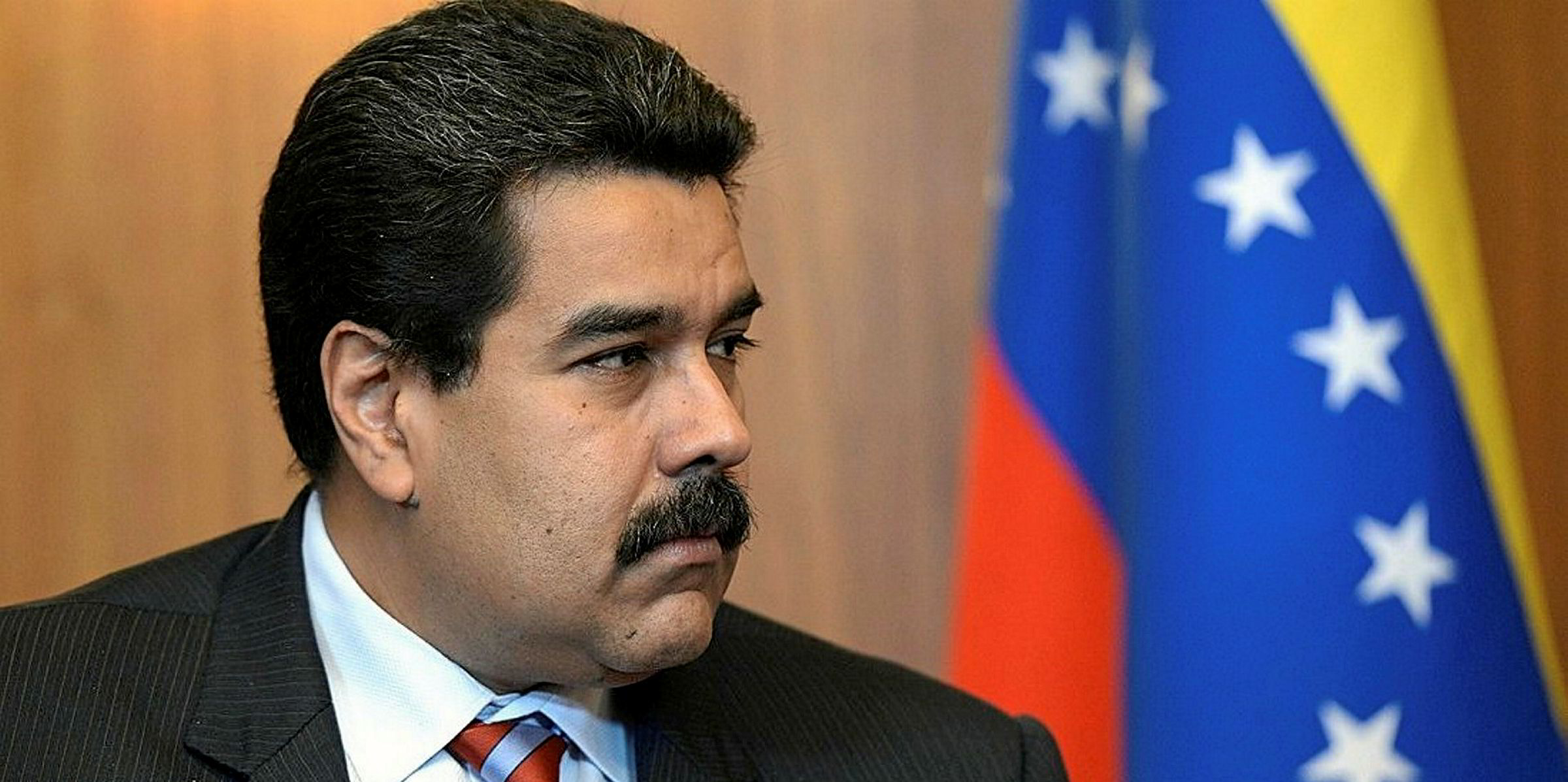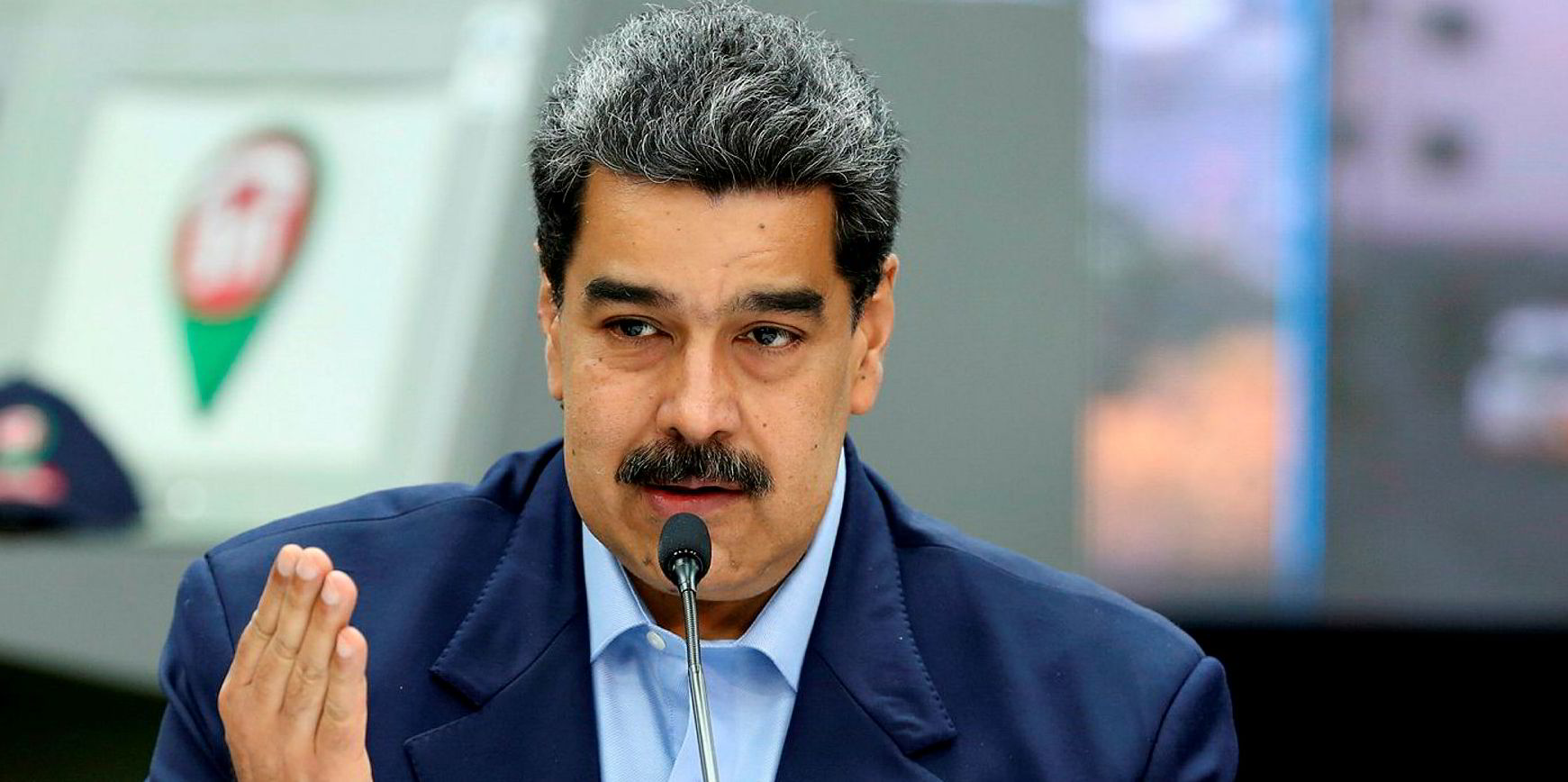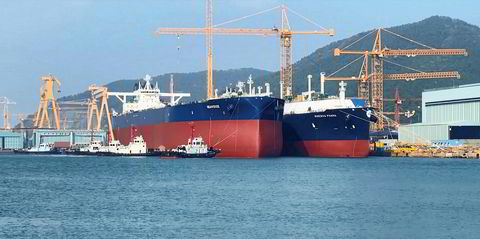A Venezuelan court has ordered the seizure of assets belonging to six shipping agencies to recover money owed to state oil company PDVSA.
This is according to a letter from Venezuela’s INEA maritime authority seen by Reuters.
The unnamed companies allegedly owe money for terminal fees, anchorage and tug services.
It is not clear who requested the seizure, but the document shows a Caracas criminal court made the order for alleged “misappropriation” of funds that harmed PDVSA's interests.
The amount owed was not stated.
The move marks another potential obstacle to Venezuela’s oil exports, which have been hit by US sanctions on PDVSA and the country's economic crisis.
Sources told Reuters that in the weeks since the February letter was sent, police have raided the offices of some of the private companies involved.
They have removed documents and computers.
Neither PDVSA nor INEA has commented. PDVSA reportedly has its own cash flow problems.
The sources pointed to difficulties experienced by the agencies in transferring money since the US imposed sanctions on Venezuela last year.
Seizures not unknown
The most famous recent case of asset-seizing involves US offshore vessel owner Tidewater, which is still fighting to recover nearly $60m owed by Venezuela after the country expropriated a fleet of its ships in a 2009 nationalisation push.
In January last year, the Houston-based company won a $36.4m judgment against the South American country in a Washington, DC federal court and in mid-April registered the judgment in Delaware federal court.
In 2009, the then-Hugo Chavez-led Venezuela seized 11 ships and other property owned by Tidewater subsidiaries supporting PDVSA's operations around Lake Maracaibo in the northwest of the country.
According to Securities and Exchange Commission filings, Venezuela now owes Tidewater $58.7m following a decision from the World Bank's International Centre for Settlement of Investment Disputes.
The award, finalised in December 2016, awarded Tidewater the $36.4m, plus roughly $600,000 per quarter in interest.
The case was first opened in March 2010.





